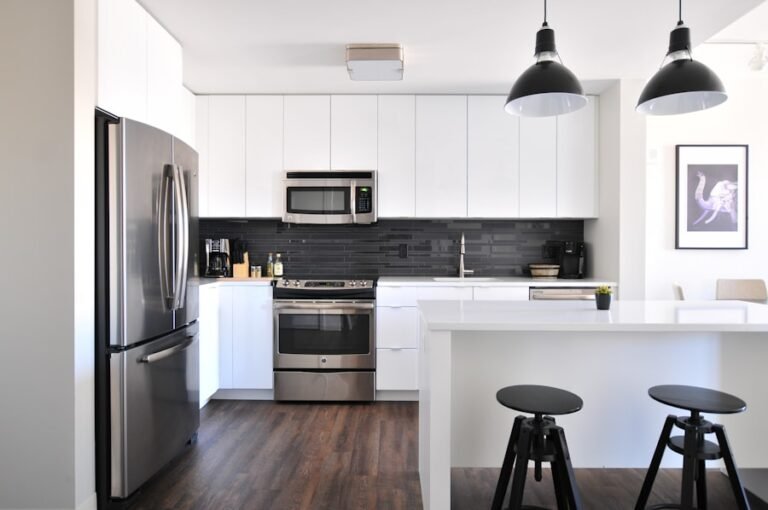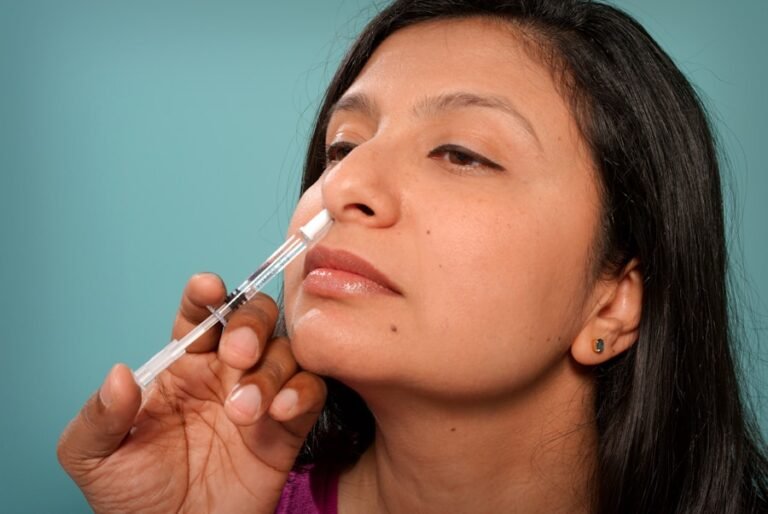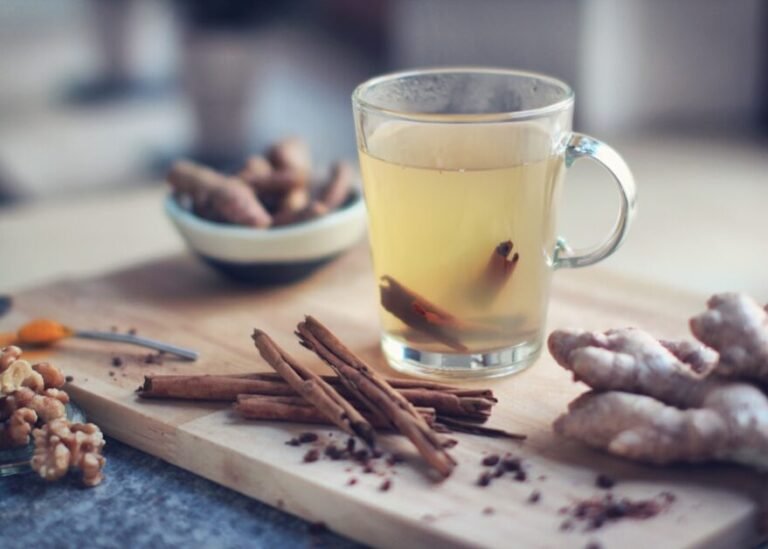Say Goodbye to Acne: Effective Home Remedies You Need to Try
Acne is a common skin condition that affects millions of people worldwide. It is characterized by the presence of pimples, blackheads, and whiteheads on the skin, particularly on the face, neck, chest, and back. Acne occurs when the hair follicles become clogged with oil and dead skin cells, leading to the formation of pimples. There are several factors that can contribute to the development of acne, including hormonal changes, genetics, and certain medications. Hormonal changes, such as those that occur during puberty or pregnancy, can lead to an increase in oil production, which can clog the pores and lead to acne. Genetics also play a role in the development of acne, as some people are more predisposed to developing the condition than others. Additionally, certain medications, such as corticosteroids and lithium, can also contribute to the development of acne.
There are several different types of acne, each with its own unique characteristics. The most common type of acne is known as acne vulgaris, which is characterized by the presence of blackheads, whiteheads, and pimples. Another type of acne is known as cystic acne, which is characterized by the presence of large, painful cysts beneath the skin. This type of acne can be particularly difficult to treat and often requires professional intervention. Other types of acne include hormonal acne, which is caused by hormonal imbalances, and acne rosacea, which is characterized by redness and swelling of the skin. Understanding the causes and types of acne is important in order to effectively treat and manage the condition.
The Power of Home Remedies: Why They Work
Home remedies have been used for centuries to treat a wide range of ailments, including acne. Many people turn to home remedies for acne because they are natural, affordable, and often effective. One of the main reasons why home remedies work for acne is that they often target the root cause of the condition. For example, many home remedies for acne focus on reducing inflammation and killing bacteria on the skin, which are two key factors in the development of acne. Additionally, home remedies for acne often use natural ingredients that are gentle on the skin and do not cause irritation or dryness, unlike many over-the-counter acne treatments.
Another reason why home remedies work for acne is that they can be tailored to suit individual skin types and needs. For example, someone with oily skin may benefit from using a home remedy that helps to control oil production, while someone with dry skin may benefit from using a home remedy that helps to moisturize and hydrate the skin. Additionally, home remedies for acne can be easily customized to address specific concerns, such as redness, scarring, or hyperpigmentation. This level of customization is often not possible with commercial acne treatments, which are often formulated for a one-size-fits-all approach. Overall, the power of home remedies for acne lies in their natural ingredients, affordability, and ability to be tailored to individual needs.
Tried and Tested Home Remedies for Acne
There are countless home remedies for acne that have been tried and tested by people all over the world. One of the most popular home remedies for acne is tea tree oil, which is known for its antibacterial and anti-inflammatory properties. Tea tree oil can be applied directly to pimples to help reduce inflammation and kill bacteria on the skin. Another tried and tested home remedy for acne is apple cider vinegar, which has been used for centuries to treat a wide range of skin conditions. Apple cider vinegar can be diluted with water and applied to the skin as a toner to help balance the skin’s pH levels and reduce inflammation.
Honey is another popular home remedy for acne, as it has natural antibacterial properties and can help to soothe and heal the skin. Honey can be applied directly to pimples or used as a face mask to help reduce redness and inflammation. Additionally, aloe vera gel is a well-known home remedy for acne that can help to soothe and heal the skin. Aloe vera gel can be applied directly to pimples or used as a moisturizer to help reduce redness and irritation. These tried and tested home remedies for acne have been used for generations and continue to be popular choices for those looking for natural and effective ways to treat their acne.
DIY Face Masks and Scrubs for Acne-Prone Skin
DIY face masks and scrubs are a popular choice for those looking to treat their acne at home. One of the most popular DIY face masks for acne-prone skin is a honey and cinnamon mask. Honey has natural antibacterial properties that can help to kill bacteria on the skin, while cinnamon has anti-inflammatory properties that can help to reduce redness and swelling. To make this mask, simply mix together equal parts honey and cinnamon and apply it to the skin for 10-15 minutes before rinsing off with warm water.
Another popular DIY face mask for acne-prone skin is a yogurt and oatmeal mask. Yogurt contains lactic acid, which can help to exfoliate the skin and unclog pores, while oatmeal has soothing properties that can help to reduce inflammation. To make this mask, simply mix together equal parts plain yogurt and oatmeal and apply it to the skin for 10-15 minutes before rinsing off with warm water. In addition to face masks, DIY scrubs can also be effective for treating acne-prone skin. One popular DIY scrub for acne-prone skin is a sugar and coconut oil scrub. Sugar acts as a natural exfoliant that can help to remove dead skin cells and unclog pores, while coconut oil has antibacterial properties that can help to kill bacteria on the skin.
Natural Ingredients to Combat Acne
There are several natural ingredients that have been shown to be effective in combating acne. One of the most well-known natural ingredients for treating acne is salicylic acid, which is derived from willow bark. Salicylic acid works by exfoliating the skin and unclogging pores, making it an effective treatment for blackheads and whiteheads. Another natural ingredient that is effective in combating acne is benzoyl peroxide, which works by killing bacteria on the skin and reducing inflammation. Both salicylic acid and benzoyl peroxide are commonly found in over-the-counter acne treatments.
In addition to salicylic acid and benzoyl peroxide, there are several other natural ingredients that can help to combat acne. For example, green tea extract has been shown to have anti-inflammatory and antioxidant properties that can help to reduce redness and swelling associated with acne. Additionally, witch hazel is a natural astringent that can help to control oil production and reduce inflammation on the skin. Overall, natural ingredients such as salicylic acid, benzoyl peroxide, green tea extract, and witch hazel can be effective in combating acne when used in appropriate concentrations and formulations.
Lifestyle Changes for Clearer Skin
In addition to using home remedies and natural ingredients to combat acne, making certain lifestyle changes can also help to improve the overall health and appearance of the skin. One important lifestyle change for clearer skin is maintaining a healthy diet. Eating a diet rich in fruits, vegetables, whole grains, and lean proteins can provide the body with essential nutrients that support healthy skin function. Additionally, staying hydrated by drinking plenty of water can help to flush out toxins from the body and keep the skin hydrated.
Another important lifestyle change for clearer skin is practicing good skincare habits. This includes washing the face twice daily with a gentle cleanser, using non-comedogenic skincare products that won’t clog pores, and avoiding touching or picking at pimples. Additionally, getting regular exercise can help to improve circulation and reduce stress levels, both of which can contribute to clearer skin. Lastly, managing stress through techniques such as meditation or yoga can also help to improve overall skin health.
Consulting a Professional: When to Seek Help for Acne
While home remedies and lifestyle changes can be effective in treating mild to moderate cases of acne, there are times when it may be necessary to seek professional help. If over-the-counter treatments and home remedies are not providing relief from acne symptoms or if the condition is severe or persistent, it may be time to consult a dermatologist or healthcare professional. A dermatologist can provide personalized treatment options tailored to an individual’s specific needs.
Additionally, if acne is causing emotional distress or impacting an individual’s quality of life, it may be beneficial to seek professional help. Acne can have a significant impact on self-esteem and mental well-being, so it’s important not to hesitate in seeking professional support if needed. A dermatologist can provide a range of treatment options including prescription medications, topical treatments, oral medications, or procedures such as chemical peels or laser therapy.
In conclusion, understanding the causes and types of acne is essential in effectively treating the condition. Home remedies and natural ingredients can be powerful tools in combating acne due to their gentle nature and ability to be tailored to individual needs. DIY face masks and scrubs offer an affordable and customizable approach to treating acne-prone skin. Making lifestyle changes such as maintaining a healthy diet, practicing good skincare habits, staying hydrated, getting regular exercise, and managing stress can also contribute to clearer skin. However, if home remedies and lifestyle changes are not providing relief or if acne is severe or persistent, it may be necessary to seek professional help from a dermatologist or healthcare professional for personalized treatment options tailored to individual needs.









